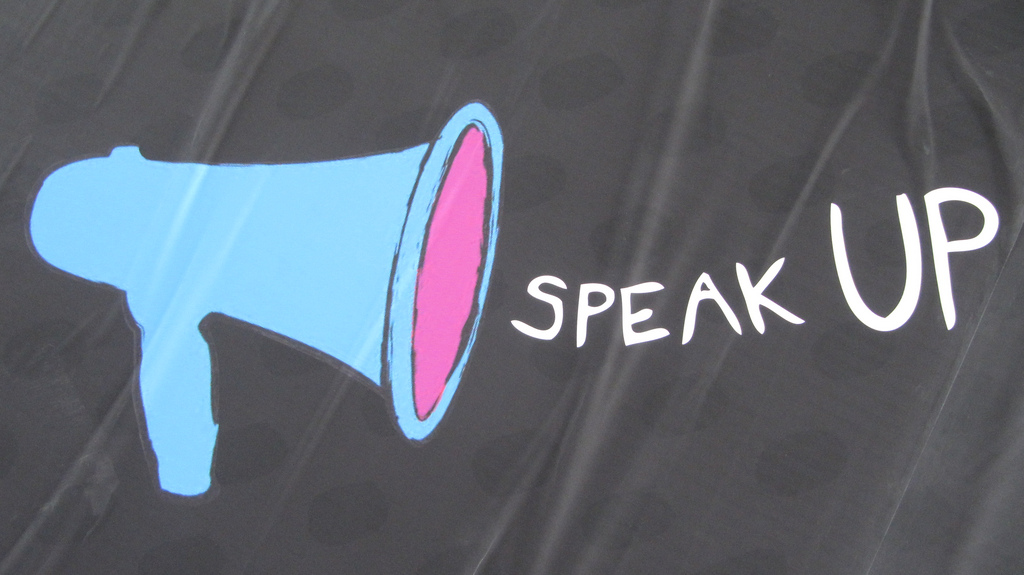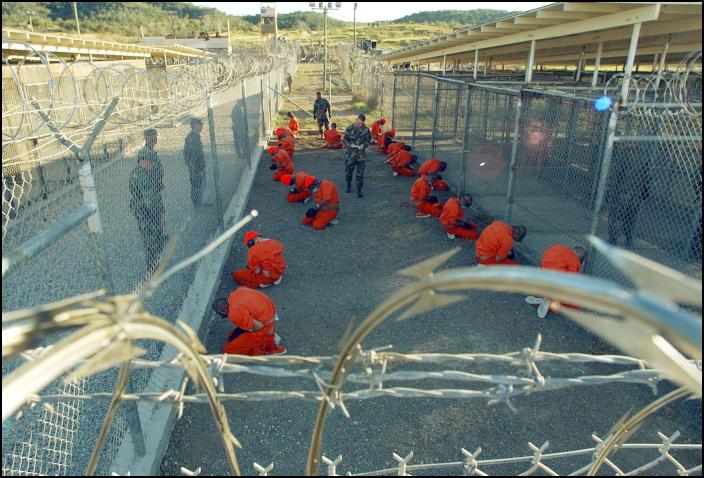Prominent human rights groups Amnesty International, Liberty, Freedom from Torture and Reprieve have joined forces to call for a judicial inquiry into the UK’s involvement in rendition and torture.
The calls go alongside this afternoon’s Parliamentary debate on UK involvement in rendition instigated by Alistair Carmichael MP and follow the Crown Prosecution Service’s (CPS) decision earlier this month not to bring charges against a former MI6 Officer over the rendition and torture of two Libyan dissidents because there was ‘insufficient evidence’ against him.
Calls for such an inquiry are not new. Back in 2010 the recently appointed Prime Minister David Cameron responded to overwhelming public pressure by promising an inquiry into whether Britain was implicated in the improper treatment of detainees held by other countries that may have occurred in the aftermath of 9/11. To the dismay of many, the inquiry (known as the Gibson Inquiry because of Sir Peter Gibson who presided over it) was scrapped in 2012 because the police investigations into rendition, which were always going to precede the formal start of the inquiry’s hearings, would take too long for the inquiry to continue.
The law

Under Article 3 of the European Convention on Human Rights (ECHR), the UK is under an obligation to investigate any ‘plausible’ allegations or other ‘sufficiently clear’ indications of torture or ill-treatment. This requires the UK to have in place an effective system to investigate allegations of torture (including a way to allow people to communicate such allegations) and to punish the perpetrators of ill-treatment.
Under the ECHR, the key requirement is that the investigation is ‘effective’. That means that the investigating body must be independent from those it is investigating (in this case the UK government and its security and intelligence agencies) as well as being impartial. Investigations should also be thorough, with the investigators taking all reasonable steps to secure relevant evidence relating to the alleged incidents, and prompt (that is, undertaken ‘expeditiously’). The investigating body should have all the powers required to identify the facts and punish those responsible.
The Detainee (Gibson) Inquiry
The Detainee Inquiry led by former appeal judge Sir Peter Gibson was announced on 6 July 2010 by David Cameron in the House of Commons. On 18 January 2012, the then-Justice Secretary Ken Clarke announced that the Crown Prosecution Service’s announcement of new criminal investigations to be carried out by the Metropolitan Police, meant that the Inquiry could not carry out its mandate as envisaged. On 19 December 2013, the Inquiry published a report, which established a list of issues the Inquiry “would have wished to have investigated”. The Prime Minister then asked Westminster’s Intelligence and Security Committee to consider the issues raised in the Gibson report, which is where the matter has sat ever since.
The new call

Today, Liberty, Reprieve, Amnesty International and Freedom from Torture have come together to call for a fresh judge-led inquiry into the UK’s implication in rendition and torture post 9/11. A judge-led inquiry would fulfil the UK’s obligation under Article 3 ECHR to provide an effective, independent investigation. which an investigation by the Intelligence and Security Committee does not easily satisfy, given it is made up of government members.
The four NGOs sparking the calls cite evidence showing the UK’s involvement in the 2004 kidnap and rendition of a pregnant woman and four young children to Libya, as well as the 28,000 pages of evidence the Metropolitan Police handed over to the CPS to support their case that the CPS’s decision not to press charges was ‘inexplicable’.
On this basis they call for the re-instigation of a judge-led inquiry.
- For our poster on the right not to suffer inhuman or degrading treatment, click here.
- Click here for our post on the investigation into the failings of Deepcut Barracks, which partly led to Cheryl James’ suicide.
- For a useful guide to an effective investigation of ill-treatment, click here.







